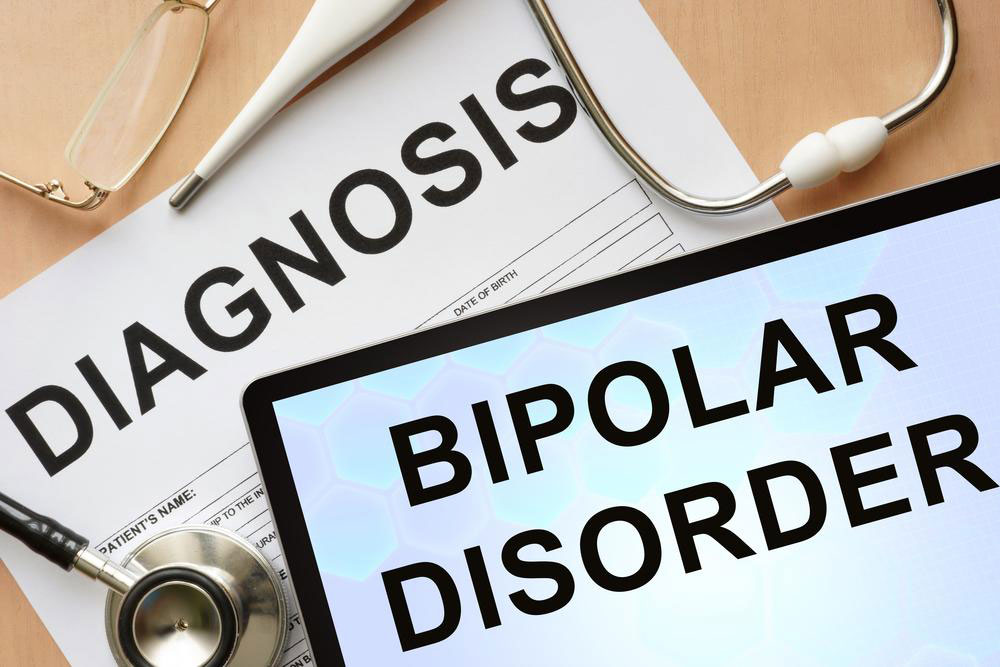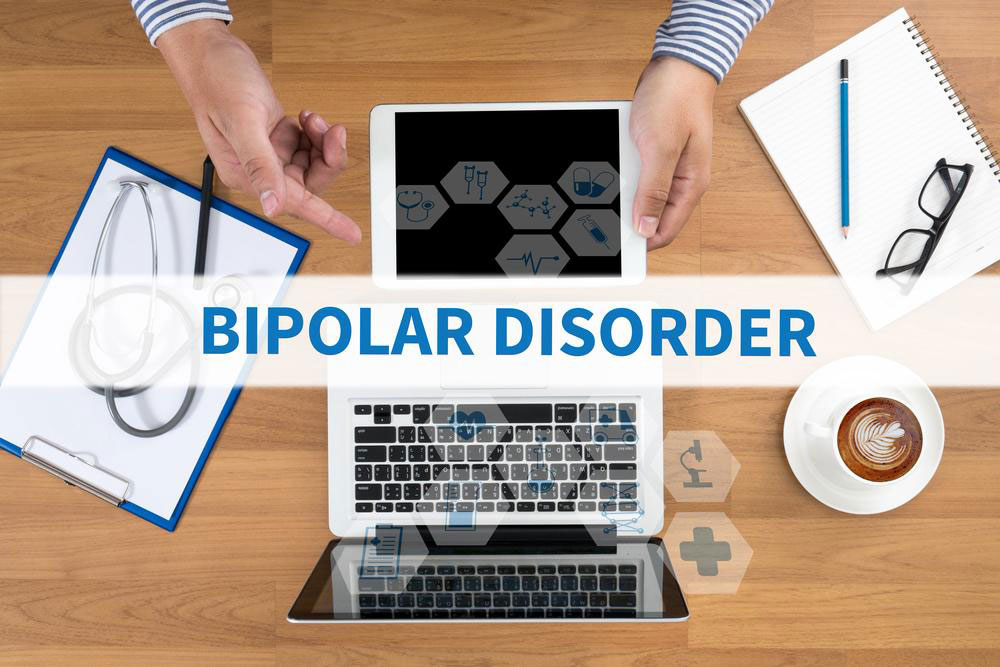Essential Insights into Bipolar Disorder You Should Know
This article offers a comprehensive overview of bipolar disorder, highlighting its symptoms, diagnosis, and treatment options. It emphasizes the importance of awareness, early intervention, and personalized care to effectively manage this complex mental health condition. Understanding bipolar disorder can help affected individuals seek timely help and improve their quality of life.

Essential Insights into Bipolar Disorder You Should Know
Mental health conditions vary widely and can be challenging for both affected individuals and healthcare providers. One of the more complex and serious mental illnesses is bipolar disorder, which impacts brain function. People with this condition experience fluctuating moods, behavior, and thoughts, making daily life unpredictable. While mood swings are common in everyone at times, bipolar disorder involves extreme shifts that can interfere with personal and professional life.
Bipolar disorder is classified as a manic-depressive illness, characterized by episodes of high energy, euphoria, irritability, or deep depression. These episodes can differ significantly among individuals.
Signs to Watch For
Since symptoms vary, diagnosis can be complex. Common signs include:
Excessive confidence and risky behaviors
Poor judgment
Decline in work or academic performance
Speech that is difficult to control
During depressive episodes, symptoms may include:
Intense sadness or hopelessness
Sleep disturbances
Feelings of guilt
Changes in appetite causing weight loss or gain
Irritability
Engaging in risky activities like substance abuse or unprotected sex
Diagnosis
Bipolar disorder has several types, primarily distinguished by the pattern and frequency of mood swings and behavioral changes. Bipolar I involves at least one manic episode in lifetime. If episodes are frequent or severe, immediate medical evaluation is crucial. Underlying issues such as anxiety, thyroid problems, diabetes, obesity, or substance abuse should also be considered.
Approaches to Treatment
Treatment plans are personalized, depending on the severity and progression of the disorder. Hospitalization may be necessary if there's risk of self-harm or harm to others. Treatments typically include mood-stabilizing medication, psychotherapy, and lifestyle changes. Recovery often requires long-term management and consistent adherence to medical advice. Awareness and effort to understand and address the disorder significantly improve outcomes.










